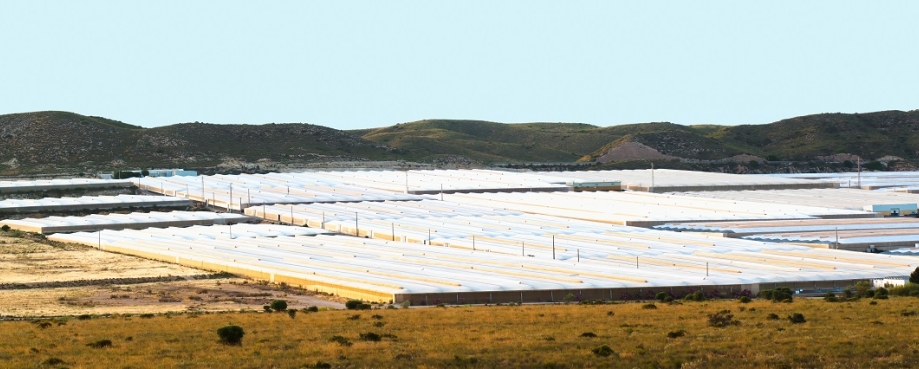
It is well documented that migrant workers in agriculture are often vulnerable and at higher risk of exploitation. There is evidence that this has worsened in recent years, with the Covid pandemic, Russia’s invasion of Ukraine, and rising inflation constricting access to essential resources and disrupting global supply chains.
Today Ethical Consumer published a report on the exploitation of workers in the regions of Almeria and Huelva, Spain. Ethical Consumer approached ETI and some of our company and NGO members before this report was published. We understand that the evidence concerns the abuse of eight out of nine ETI Base Code clauses, including: employment is freely chosen, freedom of association and the right to collective bargaining are respected, working conditions are safe and hygienic, living wages are paid, working hours are not excessive, no discrimination is practiced, regular employment is provided, no harsh or inhumane treatment is allowed.
We understand that the Almeria and Huelva regions of Spain are key sourcing areas for fruit and vegetables among European retailers and food suppliers. While ETI itself has not undertaken recent work in these regions, the findings indicated align with previous reports, including those from UN Special Rapporteur on extreme poverty, and are a cause for grave concern.
Some retailers have taken an active stance in response to previous reports, engaging with suppliers and helping to establish the Spanish Ethical Trade Forums (SETF). While there are no simple answers to these complex issues, the SETF has increased awareness among suppliers, engaged with wider stakeholders, including unions, and is now working to pilot a centralised grievance mechanism, accessible in multiple languages. However, there is much more to be done to reach producers in these regions and focus on the elimination of these pervasive and abusive practices.
There is a need for continued work by all those who source and supply such produce from Spain, and action by the Spanish authorities to prosecute those who break the law. The SETF is now working on a new three-year plan to build on its work tackling these issues, which we urge their members to commit to. Alongside this, there is a need to examine value distribution along the supply chain, recognising that there cannot be an expectation of cheaper prices when it comes at such a high cost for workers. Retailers must play an active role in ensuring that no such abuse is allowed.
“We expect ETI members implicated in this report to treat this seriously and work together to further investigate the issues as needed and support further action. The Spanish Ethical Trade Forums is an initiative on which to build a wider programme that addresses the causes of such abuse and provide redress for workers who have suffered harm.”
Peter McAllister, Executive Director, ETI
Recognising that migrant workers can fear speaking up due to risks of reprisals - which may jeopardise their safety, livelihood, and/or right to remain - any approach should work with workers’ representatives and local experts to ensure that workers are more likely to feel able to give a full account of their experience.
In January, ETI instigated a project aimed at establishing and strengthening farm-level grievance mechanisms in Italy and Spain, while supporting migrant pre-departure networks in identified countries of origin. This work aims to reduce exploitation of migrant workers and their vulnerability to conditions of modern slavery in agriculture.
We will be working with ETI members and the SETF to support an enhanced programme and measure progress. We hope to continue engaging with Ethical Consumer and other stakeholders to address these abuses and their root causes.
